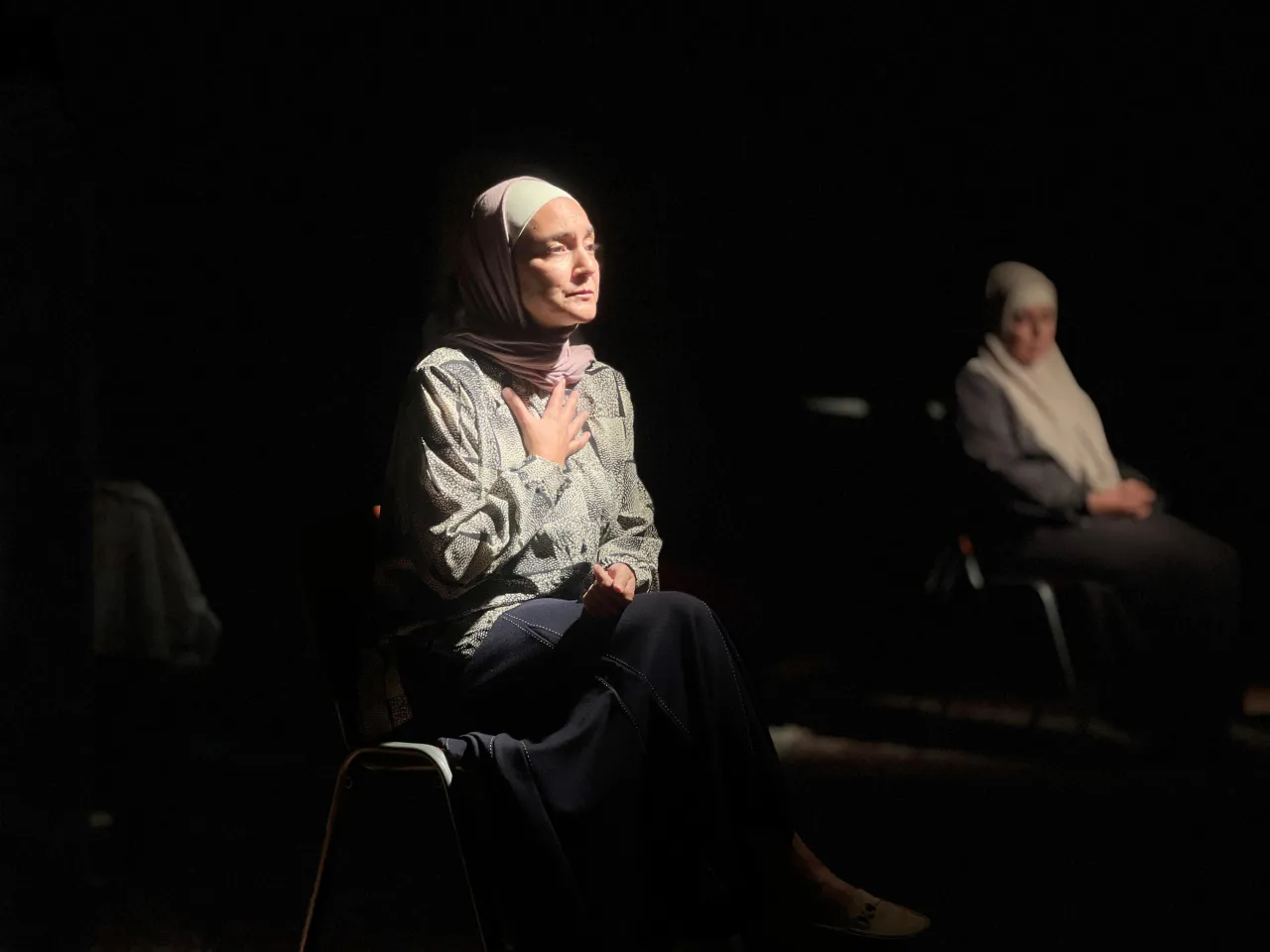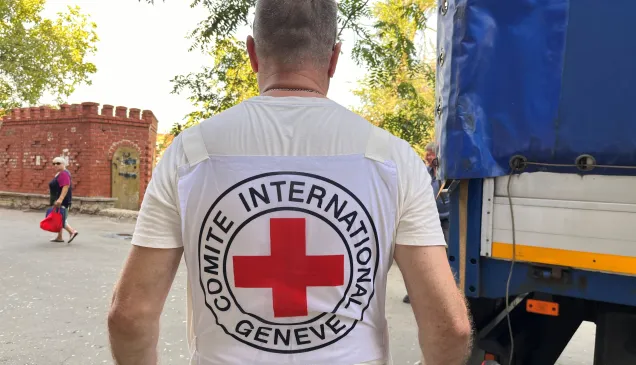Missing but never forgotten: Stories of the disappeared
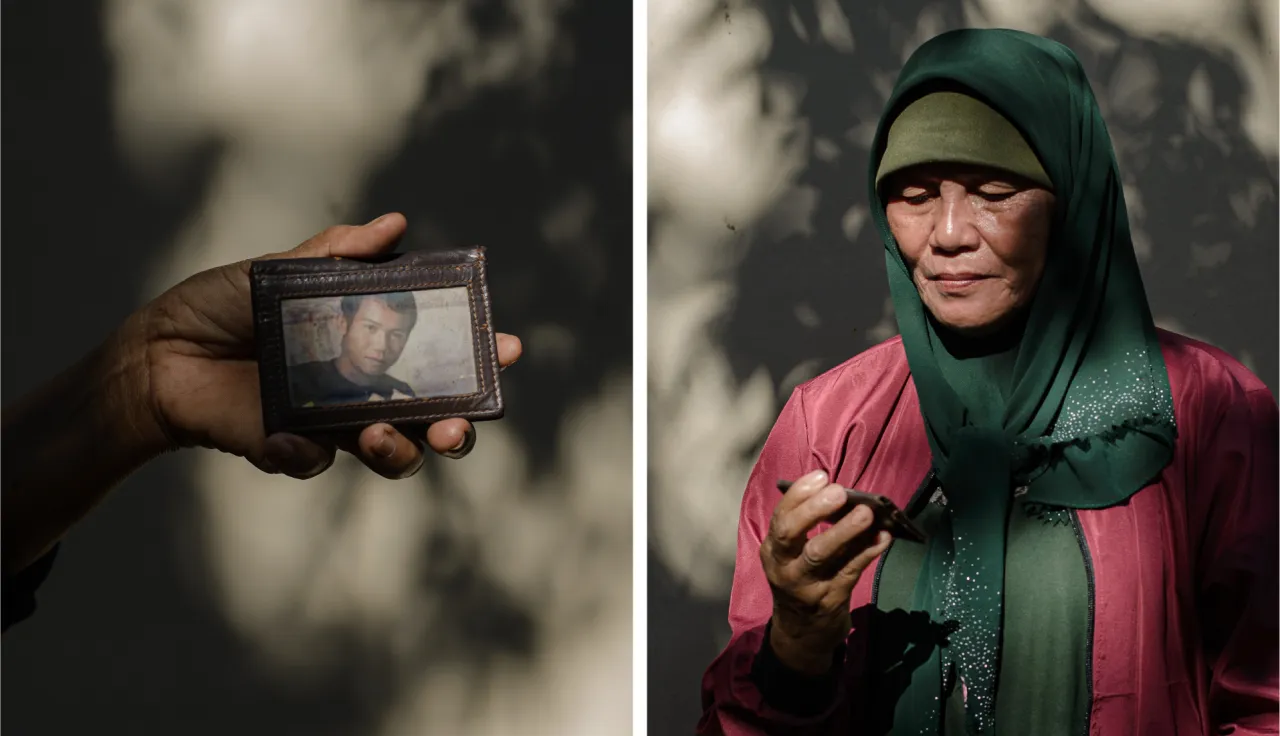
Every year on 30 August, we mark the International Day of the Disappeared to honour the countless people who have gone missing in the context of armed conflict, violence, migration or disaster - and the families left behind in anguish and uncertainty.
Around the world, families wait for news of their loved ones, sometimes for decades. They live suspended between hope and grief, searching for answers, and struggling with the daily pain of not knowing. This page brings together stories from around the world that reflect the human toll of disappearance, the resilience of families, and the work being done to uncover the fate of the missing and uphold families' right to know.
South Sudan: Families fractured by conflict
In South Sudan, decades of conflict and displacement continue to separate families and leave thousands without news of their loved ones. Nyakol was 18 when her older brother disappeared during fighting in Malakal in 2014. More than ten years later, her family continues to carry the burden of unanswered questions about his fate. Nafisa, a grandmother who fled neighbouring Sudan in 2023, has not seen her seven-year-old grandson Ahmed since the chaos of their escape. Both women hold on to cherished memories, even as uncertainty weighs heavily on their families.
The legacy of conflict has torn apart hundreds of thousands of families across South Sudan and Sudan. As of June 2025, the ICRC and South Sudan Red Cross are handling more than 6,000 open cases of missing persons. Each clarified case brings a measure of peace, but for most families, the wait for answers goes on.
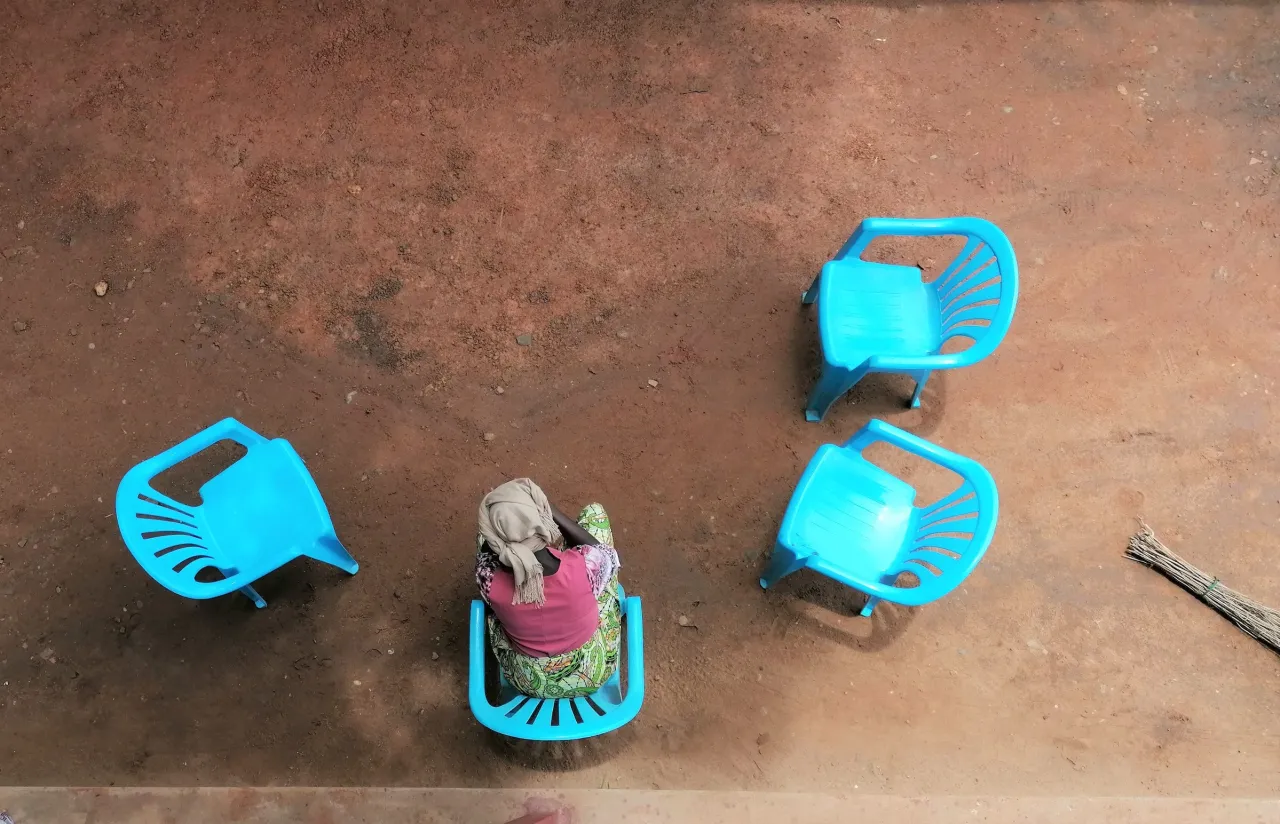
Jordan: Memory Boxes preserving the presence of Syria’s missing
Families of Syria’s missing continue to live with uncertainty and pain – many for more than a decade. As part of its accompaniment programme, the ICRC in Jordan has developed “Memory Boxes” – an activity that offers psychosocial support by helping families of missing people from Syria residing in Jordan to preserve and share the memories of their loved ones. The initiative emerged from support groups in which relatives, having themselves found strength through collective experience, became “accompaniers” to others navigating the same loss.
Each box is filled with personal belongings: a pair of eyeglasses, a bottle of perfume, a handwritten letter, a wristwatch, or a set of house keys. These objects carry powerful memories, giving the missing a continuing presence in the lives of their families. For Abdul, holding his brother’s glasses helps him imagine seeing the world through his eyes; a spray of fragrance is a reminder that absence has not erased love. For Wafa, whose son Alaa is missing, treasuring his letters brings her both solace and strength to continue searching.
More than symbolic keepsakes, the Memory Boxes are a collective act of resilience. They help transform grief into remembrance and silence into storytelling. By safeguarding the precious mementos of those who have disappeared, families are able to keep hope alive - the hope that one day, they will have answers, and that their loved ones will return home.
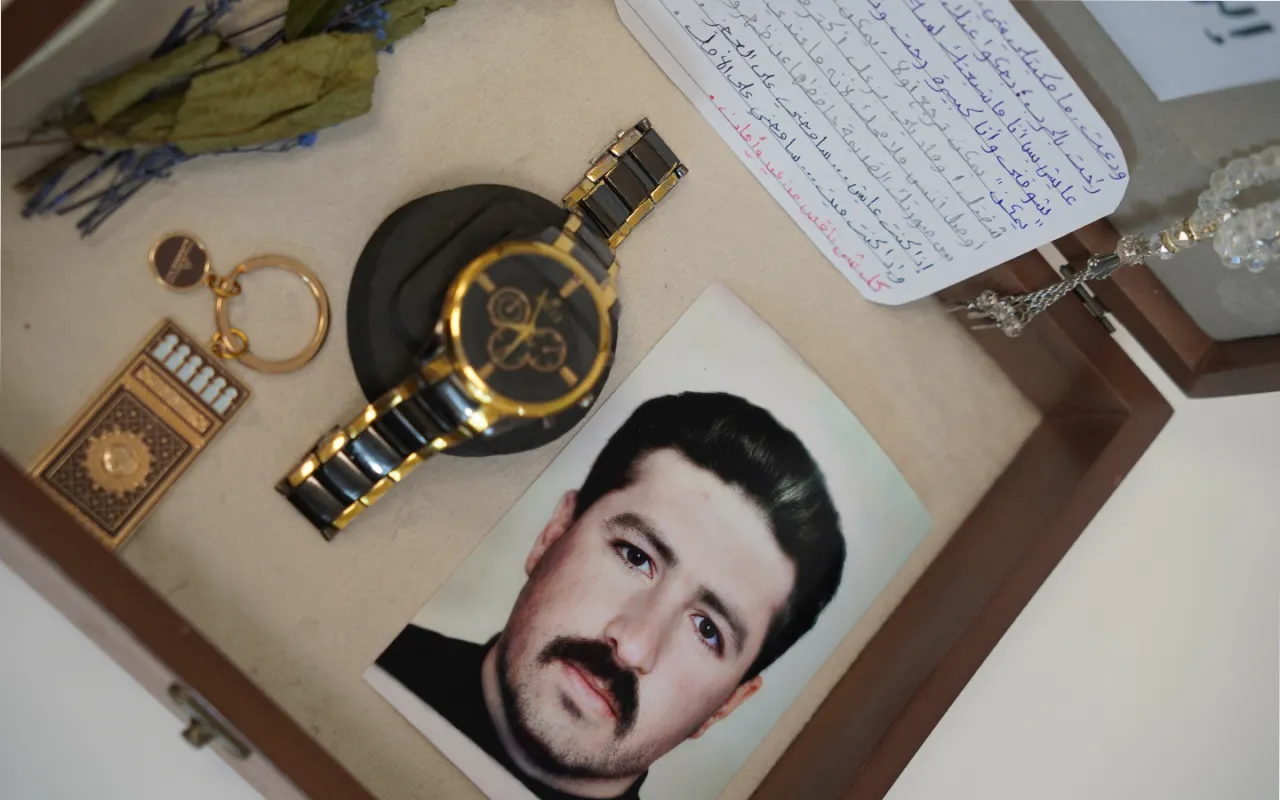
Philippines: The Book of Memories honouring Marawi’s missing
In the Philippines, families of the missing from the 2017 Marawi conflict continue to live with painful uncertainty. To honour their loved ones and amplify their voices, the ICRC has launched The Book of Memories and a public photo exhibition in Iligan City.
The 77-page book gathers personal testimonies and portraits by Filipino photojournalist Larry Monserate Piojo. Each story is accompanied by cherished belongings – like a wallet a mother keeps by her side, or the everyday objects a wife carried with her when she fled. These mementos embody both absence and presence, keeping alive the memories of family members who never came home.
The exhibition, open during the week of the International Day of the Disappeared at the end of August, uses skeletal house frames as a striking metaphor for loss and resilience: a community scarred by war, yet unbroken in its search for truth. Families speak of the daily challenges they face navigating legal obstacles, struggling to access support and - above all - living without answers.
Since 2017, the ICRC has worked alongside more than 400 families in Marawi, providing psychosocial support, livelihood initiatives and forensic expertise. But as one mother says, remembrance alone is not enough. Healing will only begin when families know the fate of their missing, and the long silence is finally broken.

Ukraine: Voices of families living with uncertainty
In Ukraine, thousands of families endure the anguish of not knowing what happened to their loved ones missing in the ongoing conflict. Two short films by the ICRC share the voices of women who live with this daily absence, holding on to hope while finding ways to cope with their pain.
Liudmyla is a grandmother whose grandson is missing. She describes the devastation his absence has left behind. To ease her own grief and that of others, she connects with families in the same situation on social media, and runs poetry groups where words become a form of healing, offering comfort in the face of silence.
Nataliia speaks of her partner who was killed in action on the frontlines. She says that every day since he went missing has been “torture”, describing the reality of those left behind as living “with souls torn apart”. Her testimony reflects the emotional cost carried by families across the country, where longing for news and the need for answers overshadow every passing day.
Through their stories, families remind the world that behind every missing person is a circle of relatives and friends whose lives remain suspended. Their resilience and solidarity keep hope alive, as they continue to seek clarity and truth about the fate of their loved ones.
ICRC impact for families missing their loved ones
Every minute, we help 4 families separated by conflict, violence, migration, and disasters call each other.
Every hour, we help clarify the fate and whereabouts of 2 missing persons.
Every day, we facilitate the reunification of 20 people with their families.
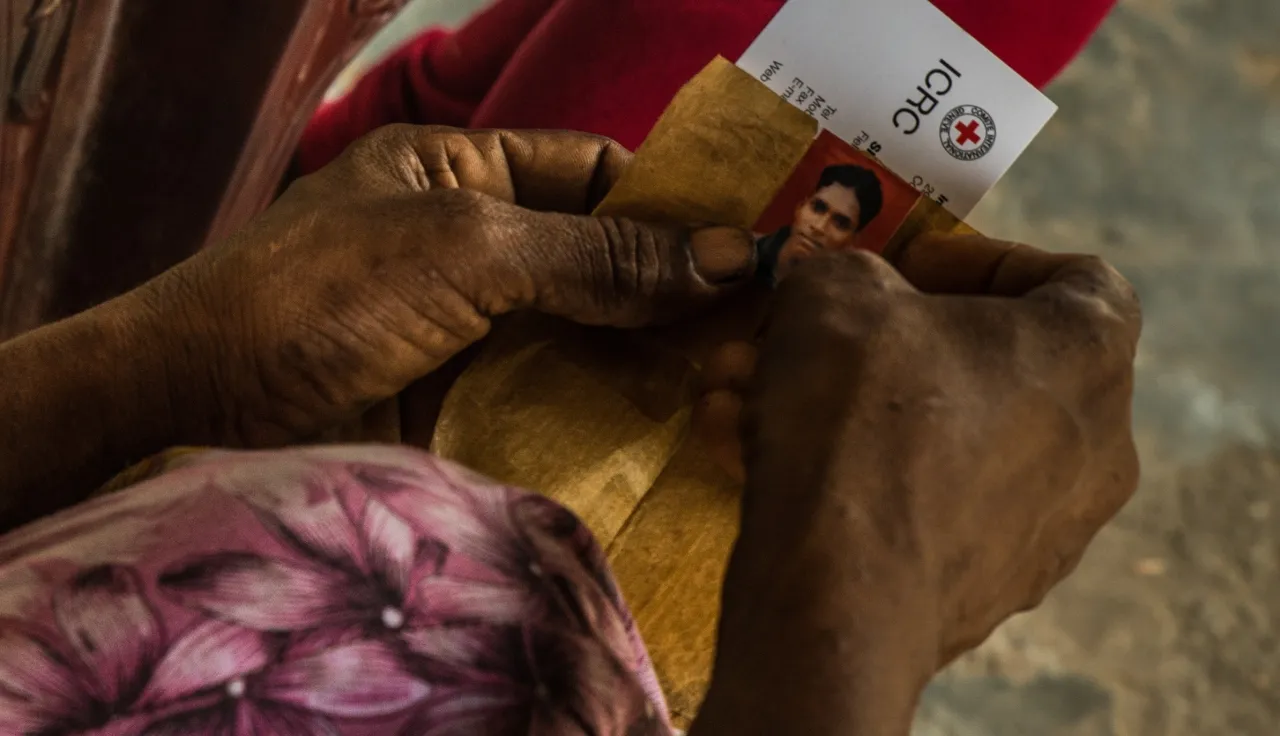
Family Links Network stastics for 2024:
